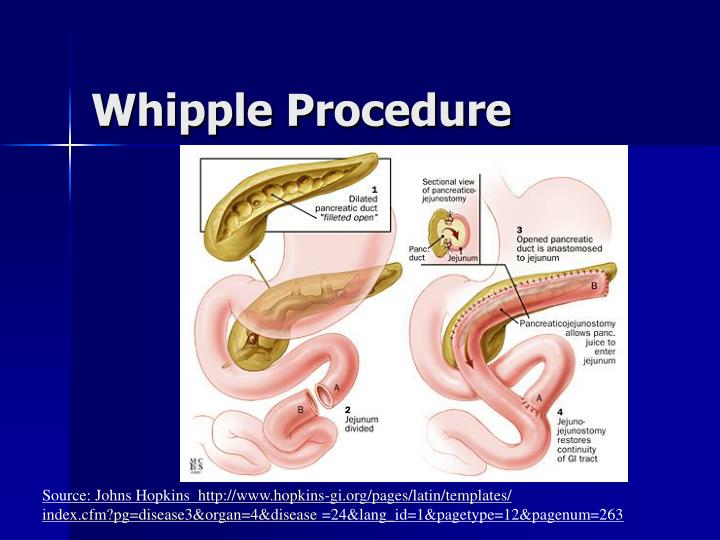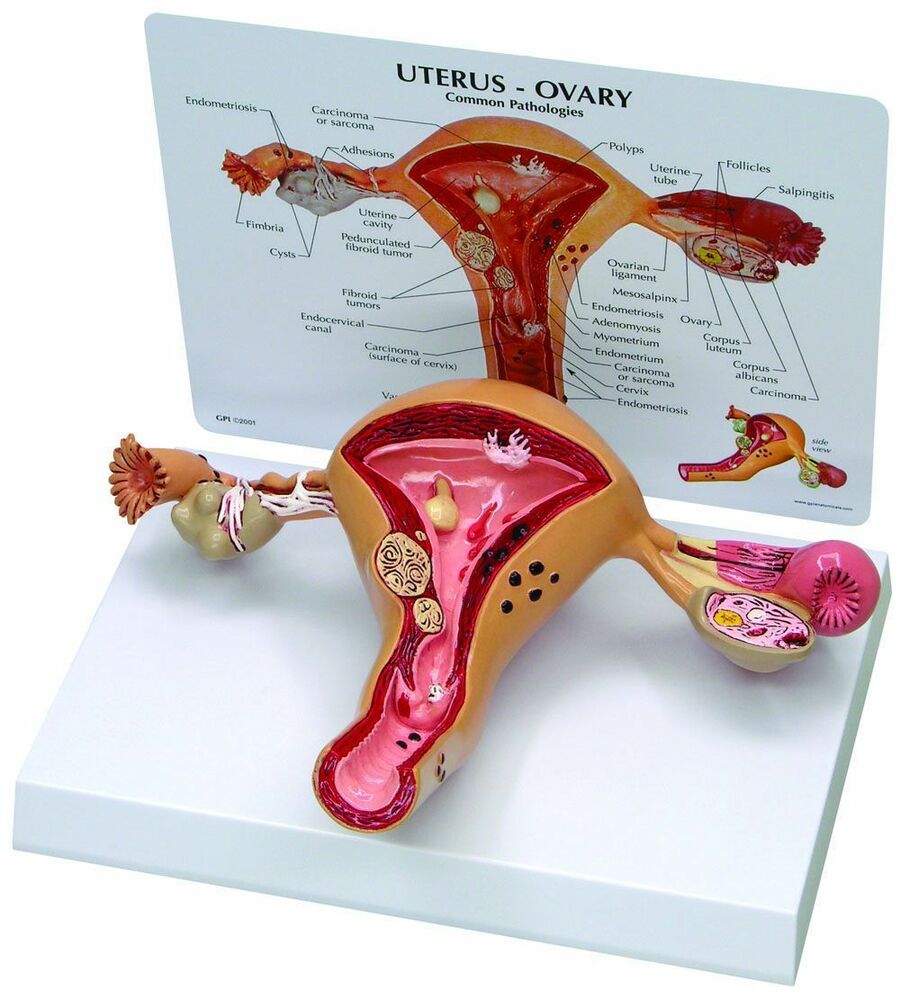For a full analysis of this case please see the Case Review blog post.
Neutral Citation:
Judge:
Geoffrey Tattersall QC (sitting as a Deputy Judge of the High Court)
Counsel:
Helen Mulholland, instructed by Messrs Bolt Burdon Kemp on behalf of the claimant
Mr Andrew Bershadski, instructed by Bevan Brittan LLP on behalf of the defendant
Hearing Dates:
18-21 and 25 November 2019
Date of Judgement:
25th February 2020
Subject:
Clinical Negligence
Experts instructed:
Claimant: Professor Colin Johnston, Consultant Surgeon
Professor Derick Martin, Consultant Radiologist
Defendant: Professor Steve White, Consultant Surgeon
Dr Stuart Roberts, Consultant Radiologist
Successful party:
Defendant
Legal cases considered:
Chester v Afshar [2004] UKHL 41; Montgomery v Lanarkshire Health Board [2015] UKSC 11; Duce v Worcestershire Acute Hospitals NHS Trust [2018] EWCA Civ 1307; Sidaway v Board of Governors of the Bethlem Royal Hospital and the Maudsley Hospital [1995] AC 871; Wyatt v Curtis [2003] EWCA Civ 1779; Regina (Bancoult) v Secretary of State for Foreign and Commonwealth Affairs (No 3) [2018] 1 WLR; Armagas Ltd v Mundogas SA (The Ocean Frost) [1985] 1 Lloyds Rep 1; Gestmin SGPS SA v Credit Suisse (UK) Ltd [2013] EWHC 3560 (Comm); Smith v Barking, Havering and Brentwood Health Authority [1994] 5 Med LR 285; Duchess of Argyll v Beuselinck [1972] 2 Lloyd’s Law Reports 172
Case Summary:
The claimant underwent surgery for suspected pancreatic cancer on 17/11/2014 . A biopsy was performed during surgery and reported as negative. Previous investigations had not confirmed nor excluded malignancy. During the surgery Professor Malago noted that the head of the pancreas felt hard on examination and proceeded to undertake a Whipple’s procedure. The argument centred around whether Professor Malago should have proceeded with the Whipple’s procedure given the lack of support for malignancy in the tests performed and the biopsy performed prior to surgery. The claimant also argued that she was not properly consented for the procedure and did not consent to surgery if the biopsy was negative. Issues of causation in consent cases were considered. The court also reviewed the issue of what weight was to be attached to evidence unsupported by contemporaneous records when assessing witness evidence.



